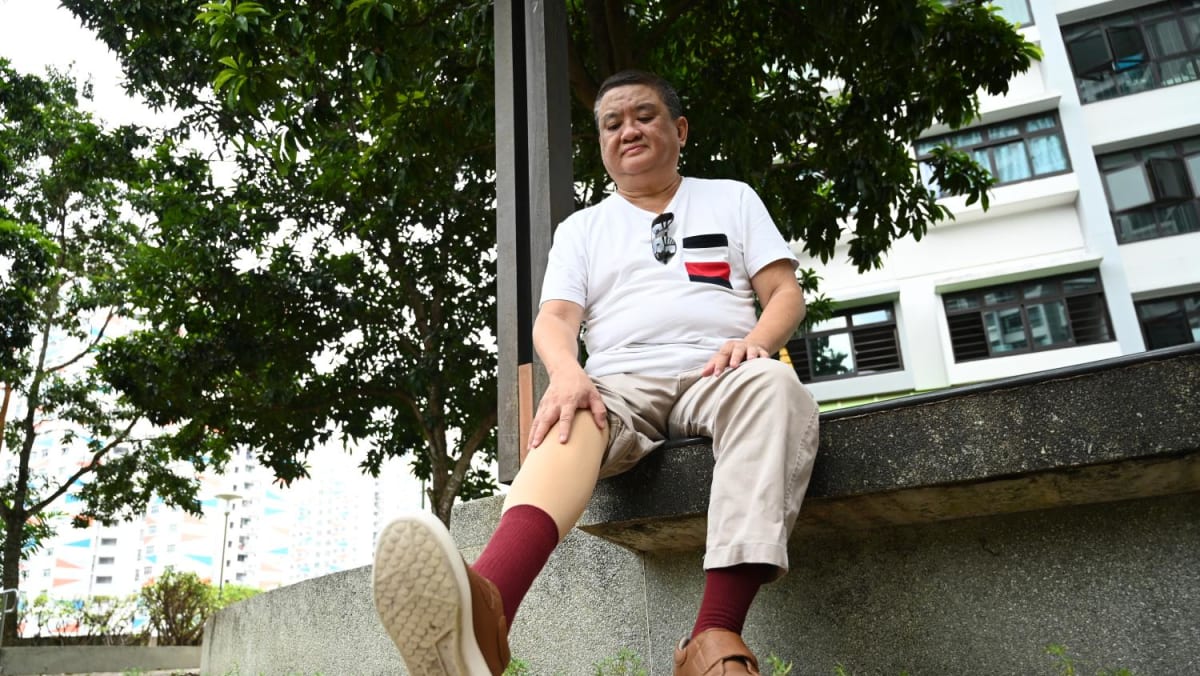
SINGAPORE: Neglected by his parents and six older siblings, Mr Aaron Chew first began smoking cigarettes at the age of 14.
It took the Secondary 2 student no time at all to turn to a controlled drug – heroin.
His adult neighbour, who lived at an opposite Housing Board block, supplied the substance and allowed the teenager to smoke at his place.
Mr Chew soon grew addicted. Taking heroin twice every week turned into four times a week before it became a daily occurrence. He started skipping school and eventually dropped out in the middle of Secondary 3.
Then, came the police. His father had discovered his drug habit and called the authorities.
In 1977, Mr Chew ended up being among the first batch of 7,000 drug users arrested by the Central Narcotics Bureau (CNB), which had just been established a few years earlier.
It took him 11 years, multiple stints in either prison or the army detention barracks, and a leg amputation for him to overcome his addiction. He ended up admitting himself to a halfway house and finding religion, which helped him to see a different path in life.
Mr Chew, who is now the proud father of an 18-year-old daughter, is also an advocate with the Anti-Drug Abuse Advocacy (A3) Network – a volunteer initiative jointly set up by the National Council Against Drug Abuse and CNB.
His story was highlighted in a speech by Minister of State for Home Affairs Muhammad Faishal Ibrahim at an event for A3 partners and volunteers in January.
Speaking to CNA earlier this month, the 54-year-old said that boredom and loneliness first got him into drugs.
When he left the halfway house, he secured a full-time job as an administrative assistant, staying in the same company for 16 years. Meeting his wife during that period and getting married also gave him a new purpose in life.
He now works as an assistant executive at the Economic Development Board – a statutory board under the Ministry of Trade and Industry.
“A drug addict’s life can only change when they find love somewhere, they find acceptance within the family, siblings, friends. Otherwise, they will be like a bird kept in a cage,” he said.
“The moment you’re released, this bird, they don’t know how to find food.”

